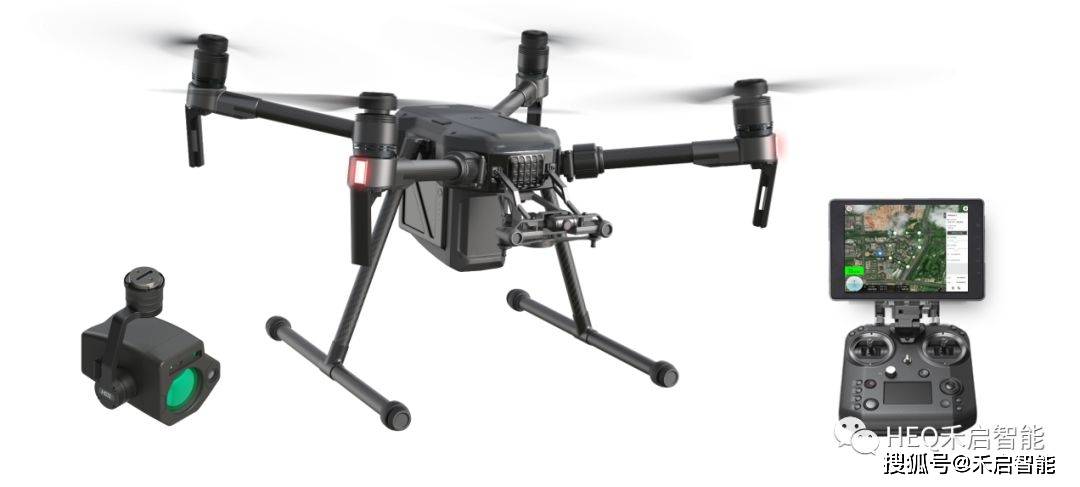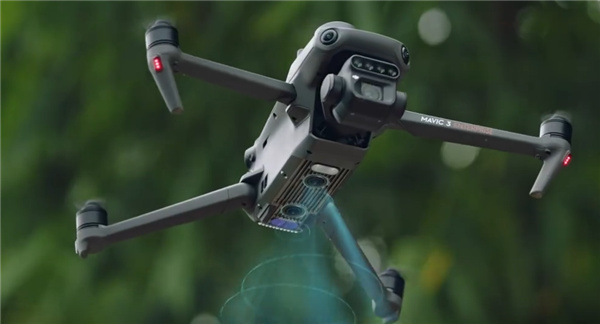In recent years, drones have surged in popularity, becoming essential tools in various industries like filmmaking, agriculture, and even delivering packages. However, with this increased use comes a wave of regulations ensuring safety and proper usage. A common query among drone enthusiasts and professionals is: do you need a license to fly a drone? This depends highly on the country, the drone’s purpose, and its weight class.
In the United States, for instance, the Federal Aviation Administration (FAA) has outlined specific requirements for drone pilots. Recreational flyers need to follow the guidelines of the FAA’s recreational UAS safety rules, often summarized as ‘Fly for Fun.’ If you’re using a drone for commercial purposes, you need a Part 107 Remote Pilot Certificate, which essentially means you must pass a test that evaluates your understanding of UAV (Unmanned Aerial Vehicle) operations.
Commercial drone usage often involves activities like photography services, real estate surveying, and agricultural monitoring. The need for a license ensures that the operator possesses adequate knowledge to maintain safety during operations. For recreational purposes, you might not require a formal license, but familiarity with local laws is crucial. This typically includes keeping the drone in visual line of sight and flying below 400 feet.
Similarly, in the UK, drone operators need to adhere to the regulations set by the Civil Aviation Authority (CAA). If your drone weighs above 250 grams, you’ll need to register and take an online test called the ‘Drone and Model Aircraft Registration and Education Service’ (DMARES). There are different permissions based on whether the drone is used for commercial or recreational purposes.
Understanding Drone Categories
Drones are classified into categories based on their weight, intended use, and capabilities. These classifications help regulatory bodies determine what rules apply to each drone. Sub-250g drones might be exempt from certain restrictions because they pose less risk. However, even lightweight drones should be operated with care to avoid intruding on privacy and safety regulations.
Within the European Union, things are not dramatically different. The European Union Aviation Safety Agency (EASA) categorizes drones into ‘Open,’ ‘Specific,’ and ‘Certified’ categories. Each comes with different licensing and operational requirements.
- Open Category: Generally used for low-risk recreational activities, doesn’t require authorization but has operational limitations.
- Specific Category: Higher risk operations requiring an operational authorization based on a risk assessment.
- Certified Category: Equivalent to manned aviation and involves stringent requirements and certifications.
 Understanding these categories helps drone operators adhere to regulations while maximizing the potential of their drones.
Understanding these categories helps drone operators adhere to regulations while maximizing the potential of their drones.
Global Drone Regulation Insights
Globally, countries are converging towards unified drone regulations to facilitate international drone operations and maintain public safety. Nations like Canada, Australia, and Japan have regulations similar to the FAA’s and EASA’s, requiring appropriate licensing depending on the drone’s use.
Moreover, specialized licenses may be necessary for tasks like aerial mapping or for flying in controlled airspace. Safety remains a central theme across all regulatory frameworks, underlining the importance of training and understanding airspace management.
Understanding and adhering to these regulations not only helps in avoiding legal trouble but also ensures safe skies and responsible use of technology.
FAQs
- Do all drones require registration?
- No, only drones above a specific weight (e.g., 250 grams) require registration in most countries.
- Can I fly my drone in national parks?
- Flying drones in national parks is typically prohibited without special permission.
- What are the penalties for flying without a license?
- Penalties can include fines, confiscation of equipment, or even bans on future drone usage.

As technology advances, staying updated with drone laws remains fundamental for every operator, ensuring that their passion for flying aligns with legal standards and public safety.